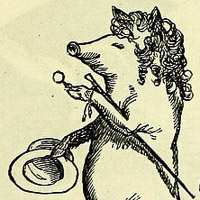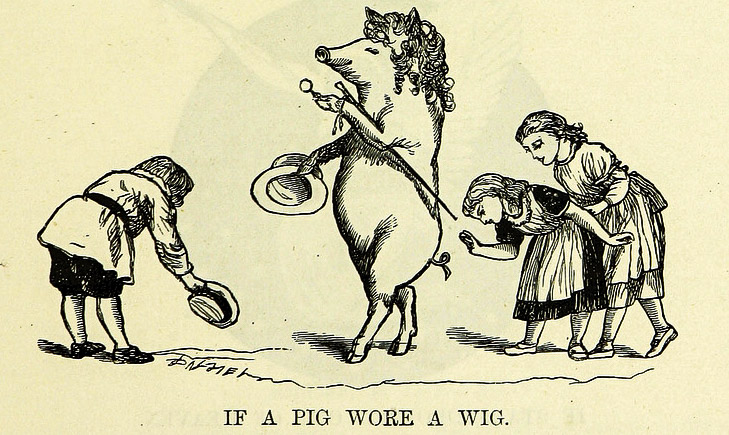Bill Gates had an idea. He was passionate about it, absolutely sure he had a winner. His idea? America’s high schools were too big.
When a multibillionaire gets an idea, just about everybody leans in to listen. And when that idea has to do with matters of important public policy and the billionaire is willing to back it up with hard cash, public officials tend to reach for the money with one hand and their marching orders with the other. Gates backed his small-schools initiative with enormous amounts of cash. So, without a great deal of thought, one school district after another signed on to the notion that large public high schools should be broken up and new, smaller schools should be created.
With that lede, former NY Times columnist, Bob Herbert details The Plot Against Public Education: How millionaires and billionaires are ruining our schools POLITICO Magazine October, 6, 2014.
Herbert catalogues the failed hit-or-miss reforms driven by corporate America’s assault on public education. Smaller schools, charters, on-line schools, and big testing have yet to deliver significant improvements in student performance. What they have produced is a “testing-industrial” complex that has turned schools into test factories that harness the labor of students to toil at the “bubble-test” assembly line producing dubious “achievement” data. While I’m sure that corporate leaders, venture capitalists and foundation experts are nice people, I doubt their primary goal is student achievement. Not with the big profits to be made servicing the “K-12 space” and privatizing public education.
The piece profiles a cast of well-placed educational “reformers” – Bill Gates, Ronald Packard (former Goldman Sachs banker), Michael Milken (disgraced junk-bond king), Larry Ellison (billionaire co-founder of Oracle), Rupert Murdoch (king of the News Corp media empire), and Cathleen Black (longtime media executive and short-lived NYC school chancellor). What they lack in educational expertise is more than offset by their wealth and political influence. Herbert closes
Those who are genuinely interested in improving the quality of education for all American youngsters are faced with two fundamental questions: First, how long can school systems continue to pursue market-based reforms that have failed year after demoralizing year to improve the education of the nation’s most disadvantaged children? And second, why should a small group of America’s richest individuals, families, and foundations be allowed to exercise such overwhelming—and often such toxic—influence over the ways in which public school students are taught?
Image credit:
Taken from Page 255 “Illustrated Poems and Songs for Young People. Edited by Mrs. Sale Barker”
(1885) The British Library Identifier: 000201665


